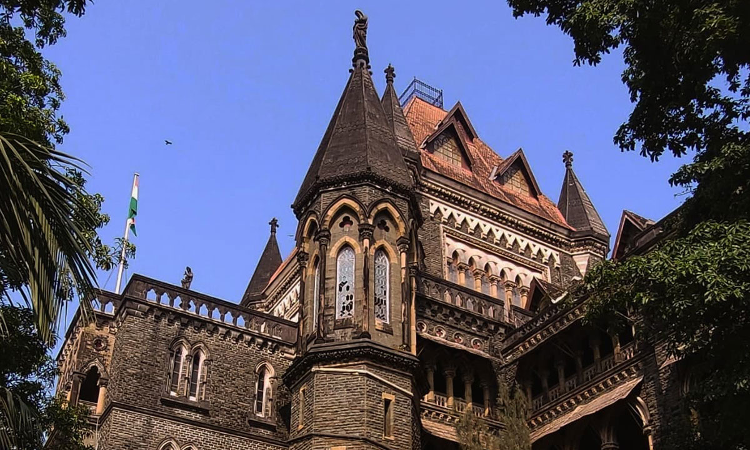Air India Privatisation: Bombay HC Says Writ Petitions Against Airline No Longer Maintainable
Amisha Shrivastava
21 Sept 2022 3:39 PM IST

Next Story
21 Sept 2022 3:39 PM IST
The Bombay High Court has held that writ petitions filed by employees against Air India Limited (AIL) are no longer maintainable due to subsequent privatisation of AIL even though they were maintainable at the inception of the case."The writ petitions, although maintainable on the dates they were instituted, have ceased to be maintainable by reason of privatization of AIL which takes it...
